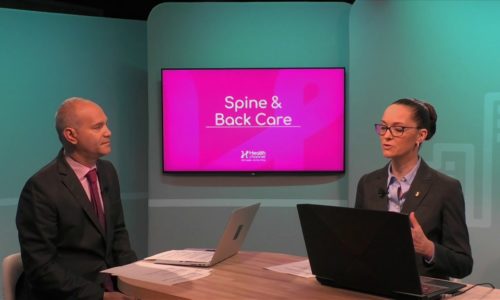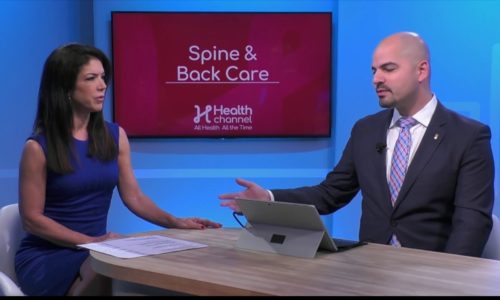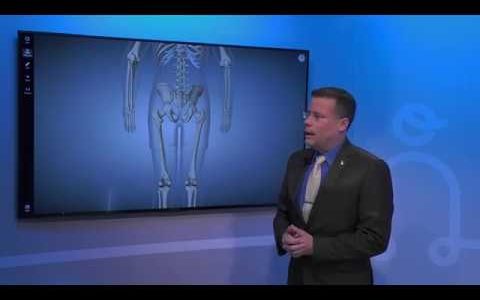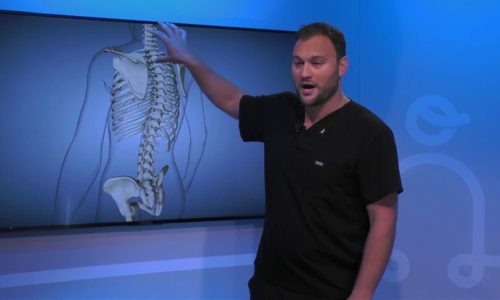Learning about Pars Defect Injury |
A pars defect is a stress fracture and reaction in the back, says Dr. Derek Papp, Sports Medicine Physician with Miami Orthopedics & Sports Medicine Institute. He explains if someone has an inflammation in any spine bone, and is not treated properly, it gets worse and progresses into a fracture.
The treatment depends on the case. Normally, pars defect is treated without surgery most of the time; patients can use a back brace and, if he needs surgery, physicians put a screw to fix the fracture, he says.
Transcript
One specific injury, I’m not familiar with this injury and hopefully you can talk to our viewers about it, is Pars Defect, which is a type of injury to the spine, so we have a 3d model, so using the 3d model can you tell us a little bit about this injury?, and show us what part of the spine we’re talking about, it really helps to have this model. Definitely I think that the model is really helpful here, because for a long time actually when I was a surgical resident, it’s hard to actually understand what you’re looking at here, so this is your spine you know and each one of these is your bones or your vertebrae, and we talk about a parse defect, it’s basically this part that is going kind of up here, and a parse defect is is a stress fracture, it’s a stress reaction in the back, doesn’t always lead to an actual fracture, but a lot of times you can have you’ll have inflammation inside the bone, and then if you don’t treat that with rest usually, that gets worse and it progresses on to a fracture, depending on how bad it is, you can treat it at a lot of different ways, we do try to treat it without surgery most of the time, sometimes that includes wearing a back brace, sometimes it does not, again it depends on when you catch the patient, and how they’re doing in terms of their treatment, and then every now and then it won’t you wind up getting surgery whether you actually will put it in a screw to fix the fracture.








